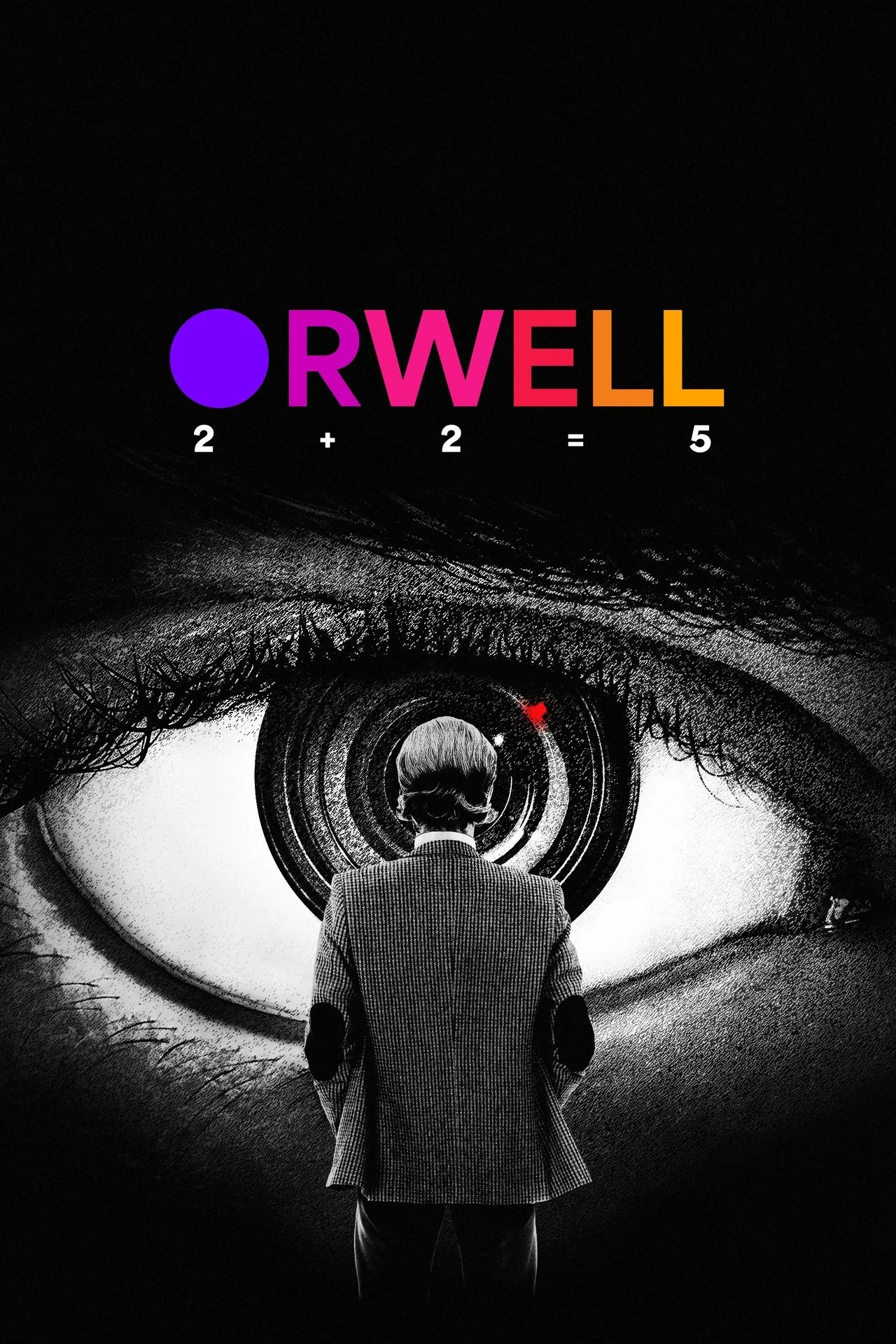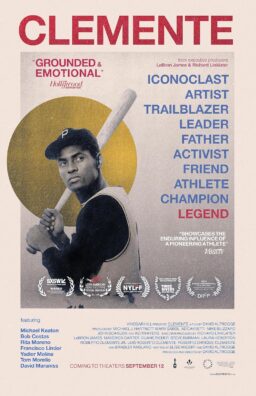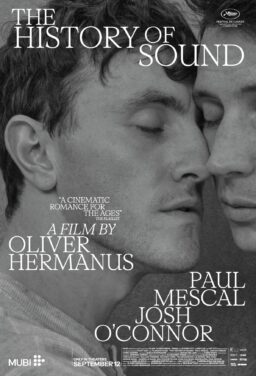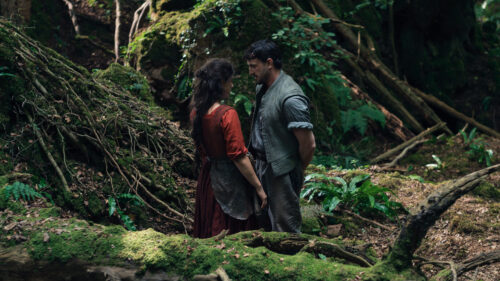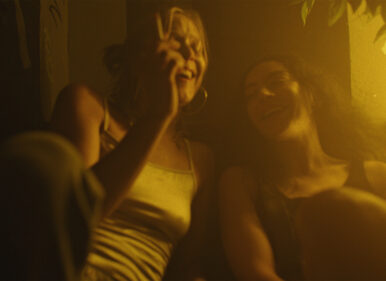A staple of many school reading lists, the name George Orwell may not have the luster it had years ago, but in recent times, his seminal work 1984 has earned renewed interest as surveillance culture and fascism loom large in the minds of many of his former readers. Director Raoul Peck, no stranger to connecting the past to the present as he did with “I Am Not Your Negro,” collaborates with the Orwell estate to retell the story behind the man who gave the world 1984 and Animal Farm and explore the themes Orwell illustrated in those works to current events to show how Orwell’s warnings have gone unheeded through the years. The result, “Orwell: 2+2=5,” is an ambitious work that is provocative but sometimes convoluted.
With actor Damian Lewis bringing Orwell’s voice to life, Peck’s “Orwell: 2+2=5” takes a nonlinear journey through the writer’s life, from his early upbringing and the start of his political awareness and anti-colonialist feelings to writing what would be his last book on an island through the worst of tuberculosis. Peck engages with several ideas found in Orwell’s work, like the harm the British Empire left on its colonies and the use of disinformation to destroy democracy, and finds present day examples, like how ethnic cleansing is justified by various world leaders and how AI and Newspeak can manipulate audiences. Through a narrative culled together from Orwell’s books, essays, letters, and journals and archival footage from adaptation of Orwell’s works and news footage, Peck echoes the warnings Orwell left readers with decades ago.
Peck, whose film work spans from biopics “Lumumba” and “The Young Karl Marx” to an extensive list of documentaries including last year’s moving portrait of a photographer “Ernest Cole: Lost and Found” and the mini-series “Exterminate All the Brutes,” revisits the approach he took for James Baldwin when working on “I Am Not Your Negro.” However, his structure on “Orwell: 2+2=5” feels unfinished, almost as if rushed to completion before editing out repeated ideas or refined the structure of his arguments. Some ideas feel sprinkled into Orwell’s life story, creating a disjointed feeling as the documentary alternates between the themes in his work and events. Others are repeated over and over, like a professor who can’t move past a certain topic. They’re steeped in the knowledge they’re presenting but run out of class time because their notes are not yet polished.
Other stylistic choices don’t work as much as distract. At several points, most pronounced towards the end of the writer’s life, there’s the sound of labored breathing to illustrate Orwell’s fight with tuberculosis–the movie also opens with close ups of the microscopic TB bacteria–and its haunting gasps overpower the images its playing alongside. Peck also utilizes AI generated images and music to show the audience how it may be used for disinformation, but Peck goes back to that well a few more times, filling the screen with ghastly AI slop that immediately dates this film to this moment in time. The dramatic nature of these creative choices weakens the coherence of an otherwise powerful documentary.
Peck reintroduces Orwell to his audience as a man ahead of his time, critical of the colonialism he witnessed, worried about the tenuous state of democracy in the face of war, and who warned about what the fascism he saw in the 1940s could become. “Orwell: 2+2=5” is something of a corrective against bad faith interpretations of Orwell’s work. Peck uses Orwell’s own words to decry state violence and manipulation, speaking out against the abuse he saw growing up in colonial India and Burma (now Myanmar), both current sites for nationalist violence.
The 2+2=5 of the title is a reference to the way governments can bend people towards their will, demanding the wrong answer despite all reason in an effort to enforce complacency. Utilizing a montage of images including recent news clips of attacks against Ukrainians, Palestinians, and the Rohingya people, scenes of cruelty to refugees and protestors, witnessing the rise of the far right and media manipulation, as well as excerpts from adaptations of Orwell’s books, including a number of versions of 1984 and related fictional depictions of the writer, the documentary shows how some of Orwell’s grim view of the future has already come true. Now, Peck asks if anyone will finally heed Orwell’s warnings before it is truly too late. Peck is clear-eyed about what he wants to say in the film, even if the documentary itself doesn’t quite capture those sentiments.
This review was filed from the Toronto International Film Festival. It opens on October 3, 2025.



